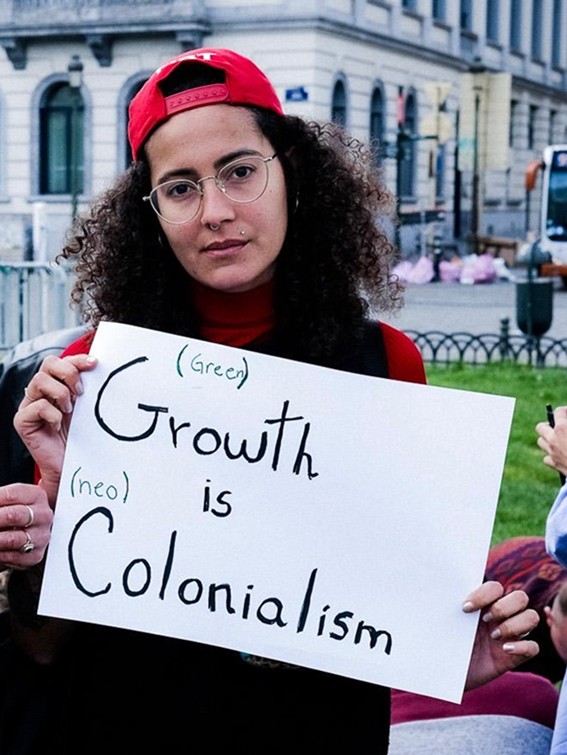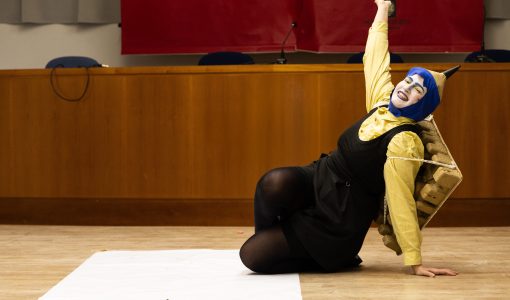
Art as a Facilitator of the Worlds to Come
Dates
08.04.2025 | 18:00-19:00
Category
Public Programme
Meeting point
Museu Tàpies
Related
Time
6 pm
Time
1 hour
Price
€3
Become a Friend

How can art help us to think about, criticise and dialogue with established economic and social structures? Starting out from the idea that the capitalist world we live in was built on colonial violence and displacement, we realise that for many populations the world has already ended. At the same time, resistance has kept alive the imagination of what could have been and could still be. Through art, we can contemplate possibilities that escape the limits of social and scientific thought, as the artist is not restricted by method, but only by imagination, the limits of which are porous and extendible.
From this point of view, art not only denounces consumerist culture, the superficiality of an object-based economy or the dehumanisation of the system, but also enables us to draw other futures, to map out cracks in the dominant structure and make up new forms of existence. If the colonial/capitalist project has not completed its task, this means it has not completely won either; therefore, its defeat is still possible, and with it the construction of other possible worlds.
In the context of the exhibition Anna Malagrida. Opacitas. Veiling Transparency, we invite researcher Morena Hanbury Lemos to connect the exhibition with the global economic system and with public policies to promote economic sovereignty, in order to construct new ways of inhabiting the city and the world in which it is our lot to live.
Morena Hanbury Lemos is a doctoral candidate in Ecological Economics at the Institut de Ciència i Tecnologia Ambientals (ICTA-UAB). She holds a master’s degree in Political Ecology, Degrowth, and Environmental Justice from UAB, a master’s in Decolonial Thought and Humanities, and a bachelor’s degree in Environmental Management from the University of São Paulo, Brazil. Her research focuses on how colonial patterns are perpetuated in the global economy, paying special attention to the analysis of unequal exchange between historically colonised and colonising countries. She studies public policies to foster economic sovereignty, decolonisation and the reorganisation of resources and labour to sustainably meet the needs of the populations in the Global South.
Dates
08.04.2025 | 18:00-19:00
Category
Public Programme
Meeting point
Museu Tàpies
Related
Time
6 pm
Time
1 hour
Price
€3











